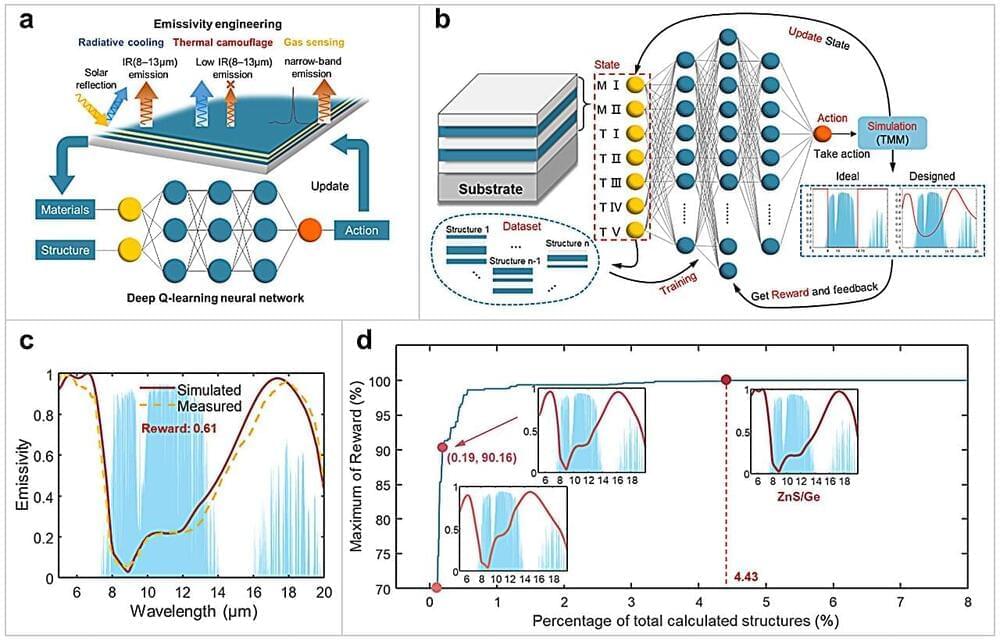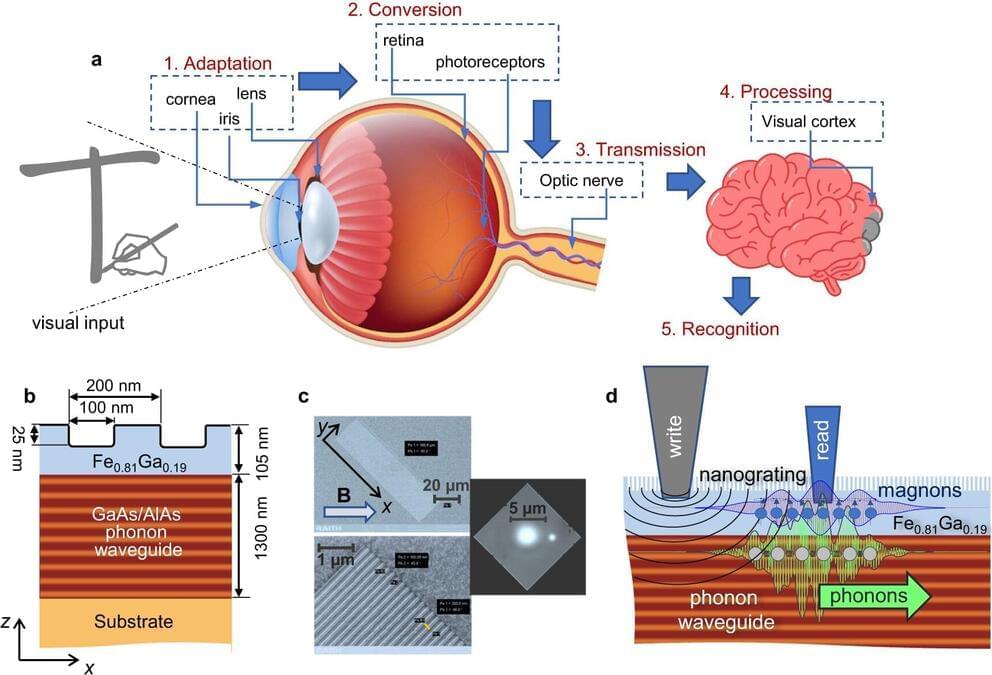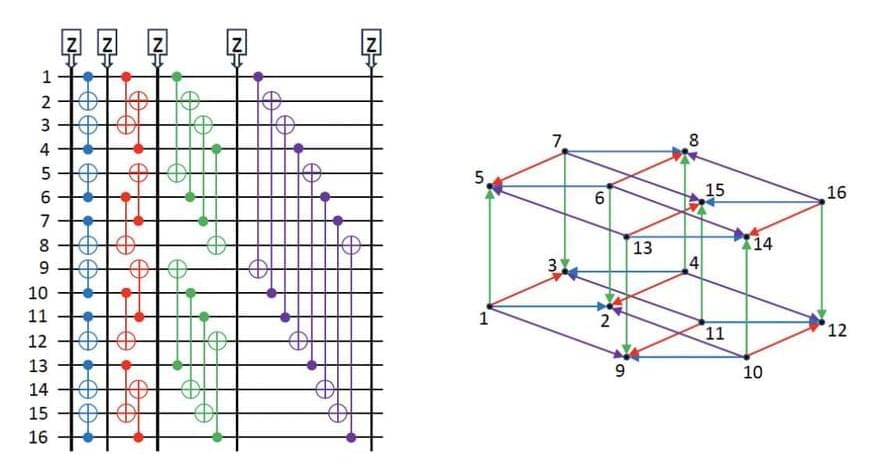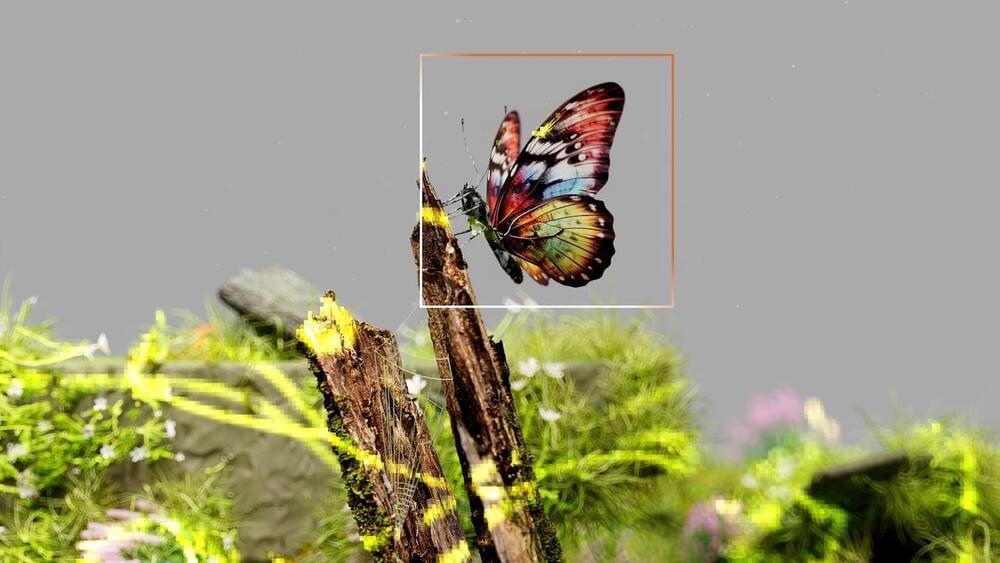The automotive industry has experienced rapid advancements due to the integration of edge computing and artificial intelligence (AI) in recent years. As vehicles continue developing self-driving capabilities, these technologies have become increasingly critical for effective decision-making and real-time reactions.
Edge computing processes data and commands locally within a vehicle’s systems, improving road safety and transportation efficiency. Combined with 5G, it enables real-time communication between vehicles and infrastructure, reducing latency and allowing autonomous vehicles to respond faster. AI algorithms enable cars to interpret visual data and make human-like driving decisions.
Edge computing and AI are transforming vehicles into true self-driving machines, filling any gaps in low-latency 5G tech and enabling companies to pioneer advanced autonomy.







